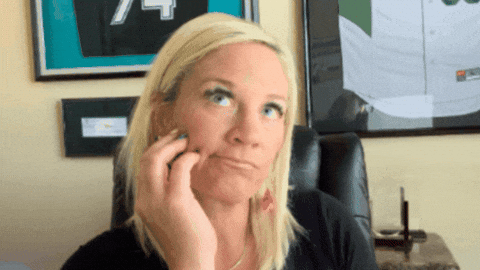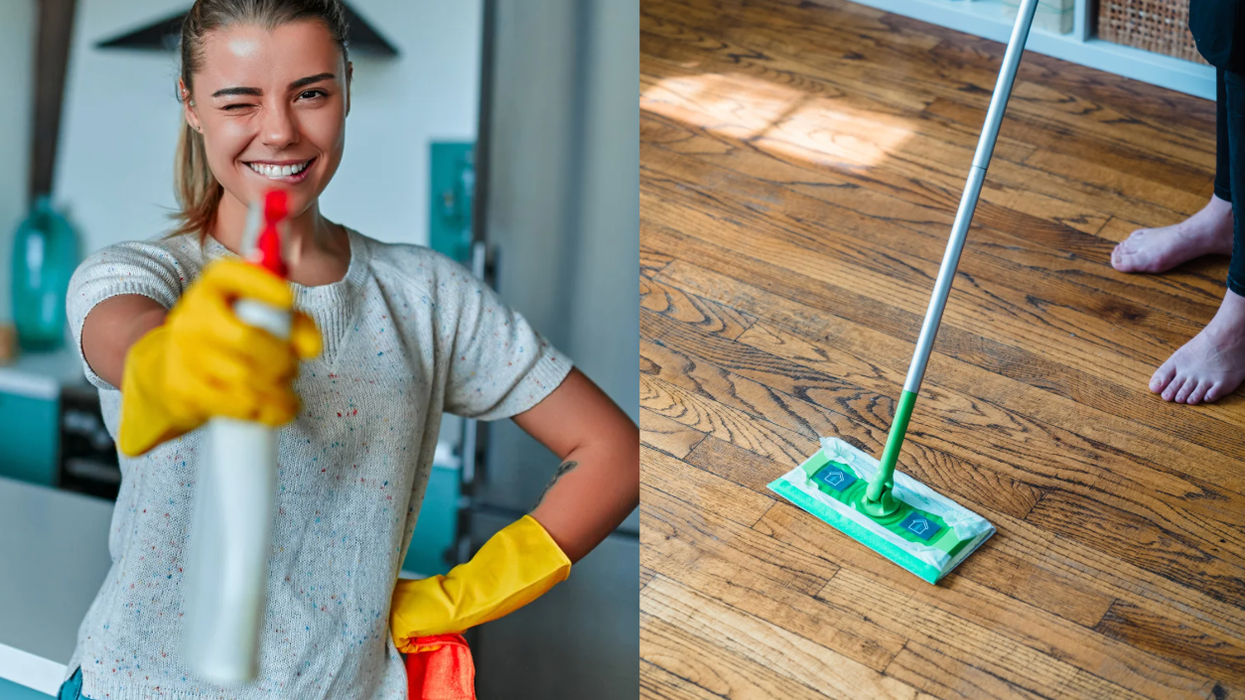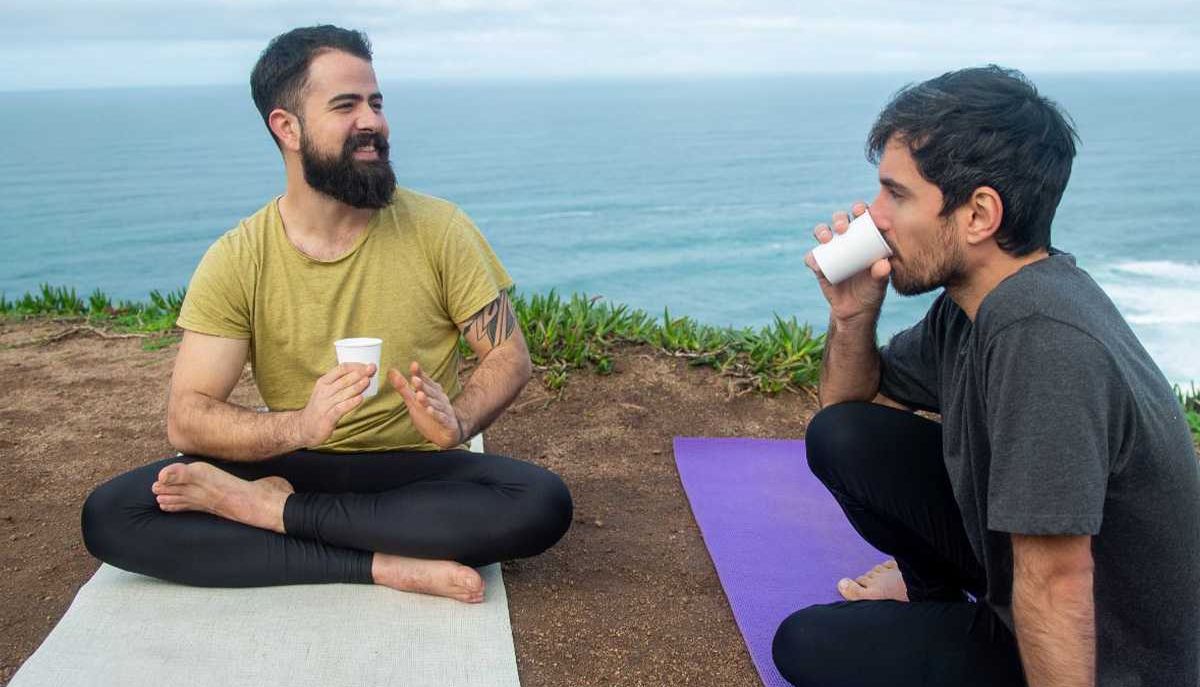Bad habits are hard to break. This is nothing new. Whether it’s trying to kick a habit as part of a New Year’s resolution, to improve your happiness, or because it impacts your overall health, it is difficult to break cycles, instincts, and routine behaviors.
Experts say that one effective way to break a habit is to make it inconvenient and more challenging to do. For example, if you want to eat less junk food, never keep it in the house. If you get a craving, you’ll be forced to either eat the healthy food that’s readily available in your fridge or pantry or get off the couch and into your car to hit the drive-thru or convenience store for your fix.
@dr.karanr How to break bad habits. We’ve all got some bad habits which we would love to get rid off but it’s easier said than done. Here’s the neuroscience behind habit formation and how you can use it to hack your brain and get rid of those bad habits!
By making your bad habit a hassle and putting obstacles in its way, you’ll be turned off by its inconvenience, using laziness to your advantage. Over time, you’ll either break the bad habit or at least do it less because of the annoyance associated with it.
Redditors swear by this habit-breaking hack.
Reddit users recently touted this tactic.
“I get the urge to check social media. Normally, I'd completely automatically grab my phone, but since it's across the room, now I have to involve my conscious rational self for a split second. Do I go across the room to go to the phone, or do I keep my promise to myself? Now it's a conscious choice rather than a reflex.”
“If I'm craving sugar, I have to walk myself 25 minutes to the shop, but I don't want it that much, so no junk food for me.”
“When I was starting to work out in the mornings before work, I did it as part of a class. The class had a late cancellation fee. I had no idea how motivating that $10 would be at 4:30 A.M. when that alarm goes off.”
“I did this with my glasses. I can technically see fine, but I need them to support and care for my eyes long term. So i made it a requirement on my driver’s license so i’d have actual punishment if I f**k up big enough.”
“That’s how I quit smoking. Whenever I felt the urge for a cigarette, I’d go out and buy a pack, smoke just one, and throw the rest away.”
- YouTube youtu.be
A psychotherapist vouches for this technique, too
While there are several anecdotes claiming this habit-breaking hack works, professionals back it up, too.
“This is an excellent strategy,” psychotherapist Dr. Jordan Conrad tells GOOD. “If you want to stop a bad habit, making it 1% harder to do and 1% easier to do something else can be very helpful. If you want to stop smoking, not having a pack or a lighter on you is helpful; if you want to stop eating out so often, keeping food at home makes it just a bit easier to do.”
Conrad also says that there should be another strategy to implement on top of making your bad habits inconvenient to do.
“You should also have a replacement behavior–something that might serve the same purpose but in a positive way,” he says. “This is called differential reinforcement. So, if you eat junk food to de-stress, find something good for you (or at least neutral) that also relaxes you, and do that every time you would normally eat junk food.”
@doctor.bing The Neuroscience of Bad Habits And How to Break Them! #brain #neurology #brainhealth #neurologist
Make no mistake, breaking bad habits will still be hard. Fortunately, there are other methods to add to your toolbox to build a better life for yourself.


















 Elegance in red.Photo credit:
Elegance in red.Photo credit:  An older woman shows off some bling.Photo credit:
An older woman shows off some bling.Photo credit:  A woman enjoys a beautiful day. Photo credit:
A woman enjoys a beautiful day. Photo credit: 
 Thinking.
Thinking.  Observe your thoughts.Photo credit
Observe your thoughts.Photo credit  Reading a book and reflecting under a tree.Photo credit
Reading a book and reflecting under a tree.Photo credit 






 Men practice mindfulness overlooking the cliffs and ocean.Image via
Men practice mindfulness overlooking the cliffs and ocean.Image via  Man smiles at dusk.Image via sss - Photo by ridofranz
Man smiles at dusk.Image via sss - Photo by ridofranz